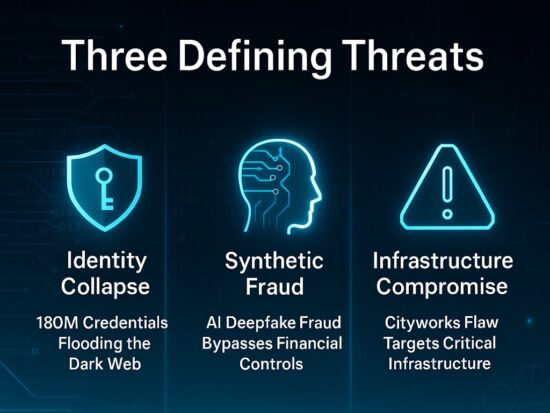In today’s digital world, scammers are constantly looking for new ways to obtain personal information from unsuspecting victims. One of the most common tactics scammers use is impersonation. Scammers can pretend to be someone they are not, such as a government official, a bank representative, or a tech support agent, in order to trick people into giving them their personal information. In this article, we will discuss how scammers impersonate and obtain personal information, and what you can do to protect yourself from falling victim.
How Scammers Impersonate and Obtain Personal Information
Scammers use various techniques to impersonate and obtain personal information. Here are some common ways that scammers may try to trick you:
- Phishing Scams: Phishing scams involve scammers sending emails or text messages that appear to be from a legitimate company or organization, such as a bank or government agency. The messages may ask you to click on a link or provide personal information, such as your social security number or credit card details.
- Phone Scams: Phone scams involve scammers calling you and pretending to be someone they are not, such as a government official or tech support agent. They may tell you that there is a problem with your computer or that you owe money to the government. They may then ask for your personal information, such as your social security number or credit card details.
- Social Engineering: Social engineering involves scammers using psychological tactics to trick you into revealing personal information. They may use flattery, intimidation, or a sense of urgency to get you to provide your personal information.
- Impersonating Customer Service: Scammers may set up fake customer service lines or websites and pretend to be representatives of legitimate companies. They may ask you to provide your personal information in order to resolve an issue with your account or order.
What You Can Do to Protect Yourself
Here are some tips to help protect yourself from scammers who impersonate and obtain personal information:
- Be Suspicious of Unsolicited Requests: Be wary of any unsolicited requests for personal information, whether it is via email, phone, or text message. Legitimate companies will not ask for your personal information in this way.
- Verify the Source: Before providing personal information, verify the source of the request. Call the company or organization directly using a number from their official website or a trusted source.
- Don’t Click on Links: Do not click on links in emails or text messages that ask for personal information. These links may lead to fake websites that look like the real thing.
- Keep your Software Updated: Keep your computer and other devices updated with the latest software and security updates to help prevent malware and other malicious attacks.
- Use Strong Passwords: Use strong, unique passwords for all of your accounts, and do not share them with anyone. Consider using a password manager to help you create and manage strong passwords.
Be cautions that scammers use impersonation to obtain personal information from unsuspecting victims. By being vigilant and following these tips, you can help protect yourself from falling victim to these scams. Remember to always verify the source of any request for personal information, and to be suspicious of unsolicited requests. Stay informed and stay safe!








 Puru's [AI]
Puru's [AI]
